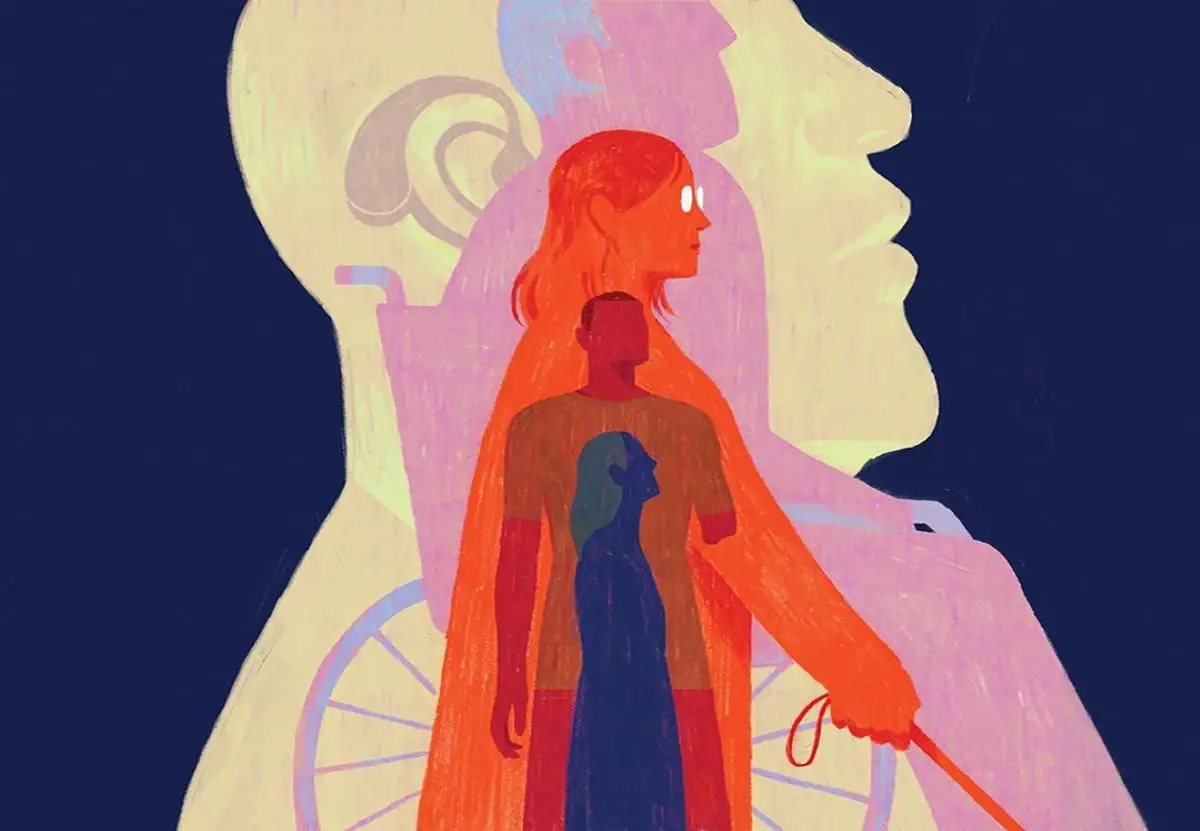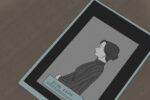Words have power, and everyday language influences the way people think and feel about the things that are being talked about. It’s for this reason that it is so important to get language correct when discussing topics involving the disability community.
There are many words and phrases that most people know not to say. Whether using the terms seriously or in a joking manner, the words “challenged” and “handicapped” are just a few of the words that a lot of people realize are patronizing and downright offensive.
However, the phrase differently abled has come into fashion over the last few years as a substitute for the word disabled, which many people avoid because it still has negative connotations attached to it. When talking to or about someone who has a disability, many people use the phrase differently abled because it seems like a harmless term that focuses on what a person can do instead of a person’s disability, and most people who use this term mean well. But just like the more obviously offensive terms like handicapped or challenged, many people find it offensive to be called differently abled.
Why Differently Abled Is Offensive
The term differently abled is well meaning, and it is not surprising that so many people think it would be preferable to put the attention on the ability rather than the disability. However, it is for this reason that so many people find the term differently abled to be offensive. Pretending that a health condition is just a set of interesting abilities and ignoring the disabling condition isn’t something that many people living with developmental, mental, physical or other health conditions are able to do; this is why the term comes across as patronizing.
Calling someone differently abled wouldn’t be demeaning if the person actually had a set of abilities different from the average human body, such as superhuman strength or the ability to read minds. But there is no normal human body. Everyone is different. And people with disabilities aren’t the only ones who are differently abled. Some people have brown eyes, some have blue eyes and others have hazel eyes. Some people need crutches to walk, some need a wheelchair and others can walk unaided. No one is the same, and everyone is differently abled.
https://www.instagram.com/p/B1yB8CCgA2d/?utm_source=ig_web_copy_link
But when you have a physical, mental, developmental or other health condition, it means your body is interfering with many or all daily activities. For most people, these aren’t unusual abilities. They aren’t abilities at all. They are health conditions that are disabling.
Many people with disabilities face higher unemployment rates than able-bodied people due to discrimination and a lack of accommodations. So, referring to a disability as a different ability ignores the struggles that people with disabilities go through on a daily basis, and it is understandably infuriating when someone says, “You’re not disabled. You just have a different ability!” or “The only disability is a bad attitude!” or “See the ability!”
Since the words different ability and differently abled sound like encouraging words, they do seem like the terms that you should use to avoid offense. But focusing on the supposed positive side of things and avoiding the disability only continues to make being disabled a negative thing and something to be ashamed of.
Disabled Isn’t a Bad Word
Avoiding the word disabled in an effort to destigmatize the disability community is well meant, but, in the end, it only causes more issues and teaches people that it isn’t acceptable to be disabled.
When talking about their friend or family member who has a physical, mental, developmental or other health condition, oftentimes you’ll hear people, and even parents say, “Oh no, she’s not disabled. She’s differently abled.” And many people encourage others who are affected by a disability not to view their condition as a disability, even when it greatly affects their lives. This attitude makes it seem like there is something shameful about having a disability.
But the words disabled and disability aren’t slurs. They are identifiers, and continuing to tiptoe around these words makes it sound like they are bad. There is nothing wrong with having a disability, having one doesn’t make a person less than someone who isn’t affected by a disability and using the words disabled and disability shows people that there is nothing wrong with being disabled.
If the word disabled continues to be treated like a bad word and being disabled continues to be treated like a disgraceful thing that needs to be overcome, then people with disabilities will never be treated equally. “Seeing the ability” and “seeing the different ability” will never lead to equality. What people with disabilities need is for society to acknowledge that being disabled is okay so that accommodations can be made, the unemployment rate for people with disabilities can drop and people with disabilities can have equality.
It’s the Person’s Choice
Many want to encourage people who are dealing with a disability to not define themselves by their disability, and the phrase differently abled seems like a good way to encourage that; however, the word disabled is an identifier, and just because someone uses that to describe their health condition doesn’t mean they are defining themselves by it. They’re just describing it.
https://www.instagram.com/p/B1yjD9KgcbZ/?utm_source=ig_web_copy_link
However, it’s the person who has the disability who gets to decide how they want to be labelled. If they want to define themselves by their disability, then that’s their choice. Some people who have mental, physical, developmental or other health conditions like to use the label differently abled because they find that it accurately describes what they’re going through. If someone wants to call themselves a person with a disability, disabled or differently abled, that’s their prerogative.
















